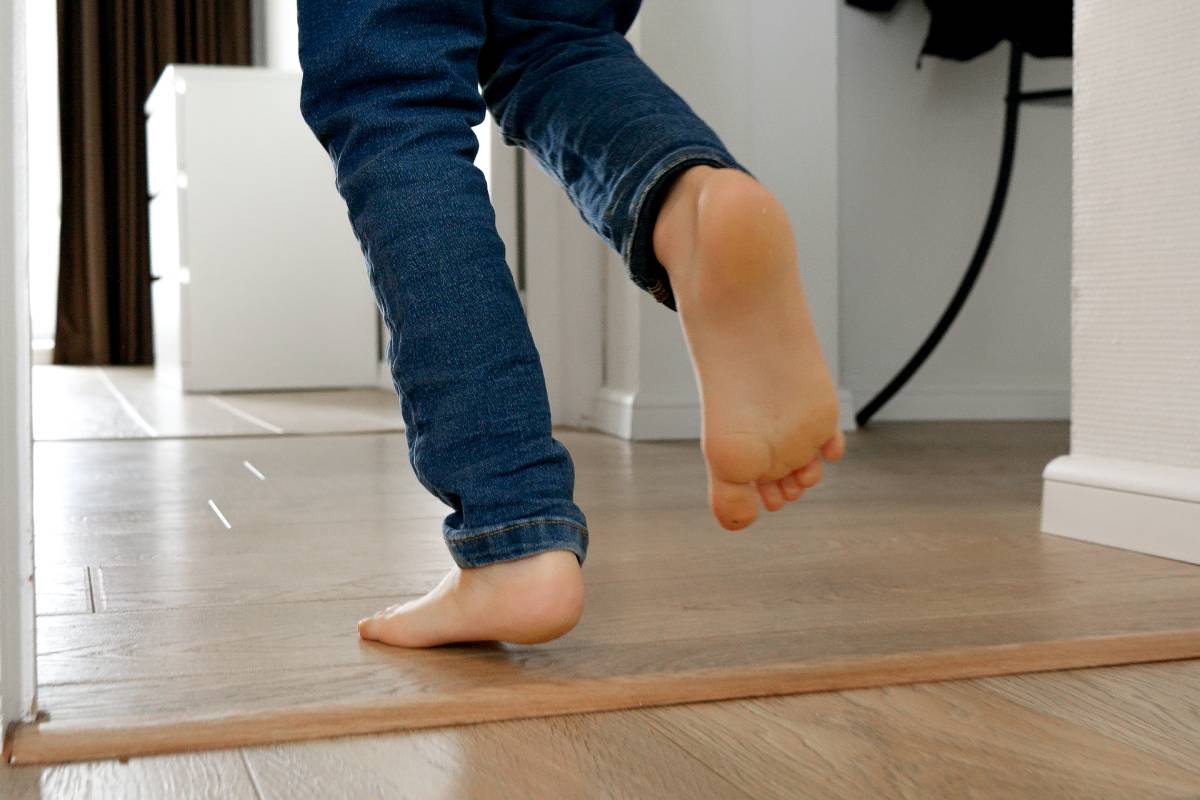
In today’s fast-paced and often overwhelming world, many people find themselves grappling with stress, anxiety, and burnout. While there are countless ways to cope with these challenges, one increasingly popular method is through travel.
But can traveling actually heal you? Can a simple change of scenery or a new experience offer more than just temporary relief? The idea of travel as a form of self-healing has gained significant attention in recent years, with many people using their journeys to rejuvenate not just their bodies, but their minds and spirits as well.
This article explores the concept of a self-healing journey, examining how travel can promote emotional and mental well-being, the benefits it provides, and whether it can truly serve as a form of therapy. Whether it’s the freedom of exploration, the healing power of nature, or the opportunity for deep self-reflection, traveling may just be the transformative experience you need.
What is a Self-Healing Journey?
A self-healing journey is a purposeful trip aimed at enhancing mental, emotional, and physical well-being. Rather than just sightseeing, it focuses on personal growth, reflection, and healing.
Whether through a peaceful retreat or an adventurous solo trip, the essence lies in reconnecting with oneself and using travel as a path to transformation and emotional renewal. Such journeys often provide clarity, build resilience, and help individuals return home with a deeper understanding of themselves and a refreshed outlook on life.
How Traveling Can Heal You
Travel has long been known to provide a range of mental health benefits. Whether it’s the act of exploring new places, connecting with different cultures, or simply stepping away from daily stressors, traveling offers an opportunity to reset both physically and mentally. Here are a few ways in which traveling can promote healing:
Breaking the Routine
One of the primary ways in which travel can heal is by providing a break from the monotonous routine of daily life.
Routine, while often comforting, can also lead to a sense of stagnation. Over time, the predictability of life can wear on one’s mental and emotional state, leading to feelings of burnout or frustration.
Traveling, on the other hand, disrupts this routine and creates an environment conducive to change and growth. The novelty of new surroundings, experiences, and challenges can offer a much-needed mental reset, allowing individuals to return home feeling refreshed and inspired.
Reducing Stress and Anxiety
Travel can also be an effective way to reduce stress and anxiety. Research has shown that taking vacations or short trips can lower levels of the stress hormone cortisol, which is associated with the physical and mental effects of stress.
Being away from work pressures, family obligations, and other daily stressors allows the mind to relax and recover. Additionally, engaging in relaxing activities such as spending time in nature, reading, or simply resting can promote mental clarity and emotional well-being.
Promoting Mindfulness and Presence
When traveling, individuals are often immersed in new experiences that require them to be fully present. Whether it’s navigating a foreign city, learning about a new culture, or enjoying the beauty of a natural landscape, travel encourages mindfulness – the practice of being fully engaged in the present moment.
This shift in focus can help individuals break free from rumination and negative thought patterns, which are often at the core of stress, anxiety, and depression. By embracing the present moment, travelers can develop a sense of inner peace and awareness that contributes to emotional healing.
Fostering Emotional Reflection
Travel can also provide ample opportunities for self-reflection. Being away from the familiar environment of home allows individuals to gain distance from their everyday concerns and think more deeply about their lives, values, and goals.
Whether it’s journaling while watching a sunset or simply taking quiet moments to reflect during a solo hike, travel provides a unique space for emotional exploration.
This self-reflection can lead to insights, emotional breakthroughs, and a clearer understanding of one’s desires and aspirations.
Connecting with Nature
For many people, spending time in nature is a key component of the healing process. Whether it’s walking through lush forests, hiking up mountains, or lounging by the ocean, nature has a calming effect on the mind and body. Research has shown that spending time in nature can reduce stress, improve mood, and even boost creativity.
For those experiencing mental or emotional distress, connecting with the natural world during travel can be a powerful form of healing. The tranquility and beauty of nature can help restore balance and clarity, allowing individuals to gain perspective and reconnect with their inner selves.
Building Resilience and Confidence
Travel often requires stepping outside one’s comfort zone and embracing the unknown. Whether navigating a new city, communicating in a foreign language, or overcoming travel mishaps, the challenges faced during a trip can build resilience and confidence.
By confronting fears and uncertainties, travelers can strengthen their sense of self and develop the skills needed to navigate life’s obstacles with greater ease. This process of growth and empowerment can have a lasting positive impact on one’s mental health, helping individuals feel more capable and self-assured.
Is Traveling the Best Therapy?
While travel can certainly offer significant mental and emotional benefits, it is important to recognize that it is not a one-size-fits-all solution. Traveling as therapy is most effective when approached with intention and mindfulness.
For some individuals, travel might provide the respite and healing they need, while for others, it might not address deeper underlying issues that require more specialized forms of therapy, such as counseling or psychotherapy.
However, for those who are open to the experience, traveling can be a powerful form of self-therapy. The key is to approach travel as a form of self-care rather than an escape from problems. A well-planned trip that aligns with one’s personal goals for healing and growth can create meaningful experiences that contribute to long-term emotional well-being.
Is Travel the Best Way to Heal?
Travel can be a powerful tool for healing, but it’s not the only path to recovery. Healing is personal and varies for each person.
For some, travel brings emotional clarity and balance, while others may benefit from therapies like meditation or counseling.
Travel can be costly and time-consuming, but its core benefits gaining new experiences, gaining perspective, and reducing stress can be incorporated into daily life through mindfulness, hobbies, or exploring nearby places.
Whether it’s exploring a new city or experiencing summer in Australia, travel has the potential to help individuals reconnect with themselves and promote healing.
Conclusion
In conclusion, travel can indeed be a form of healing for many people. By offering a break from routine, reducing stress, fostering emotional reflection, and promoting personal growth, travel provides numerous opportunities for rejuvenation and self-care.
Whether it’s a solo adventure, a nature retreat, or an immersive cultural experience, travel has the potential to help individuals reconnect with themselves, gain new insights, and return home feeling emotionally and mentally restored.
However, it is important to remember that while travel can be a powerful tool for healing, it is not a substitute for professional therapy or other forms of self-care. The best approach to healing is one that combines various strategies, including travel, self-reflection, emotional regulation, and professional support, when necessary.
Ultimately, whether travel is the “best” therapy depends on the individual. For those who are seeking a transformative experience that combines adventure with personal growth, travel may offer just the kind of healing they need. For others, the journey may be found in different forms of self-care, as the path to healing is unique for each person.
















